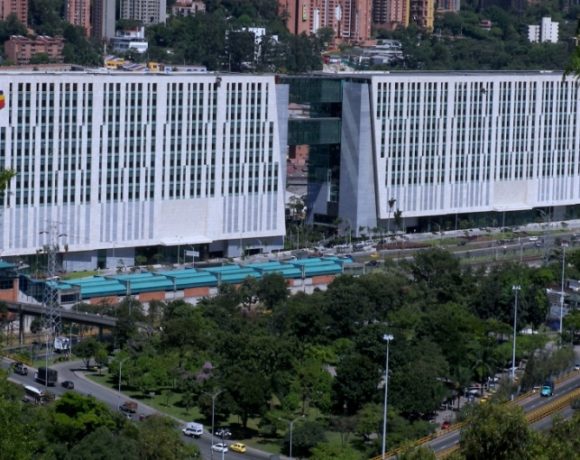Fabricato Full-Year 2019 Financial Results Improve, but Still in Red

Medellin-based textile giant Fabricato on March 30 announced that its full-year 2019 financial results improved 68% year-on-year — but still produced red ink.
The net loss for 2019 was COP$10 billion (US$2.47 million), a big improvement over the 2018 net loss of COP$31.7 billion (US$7.8 million), according to the company.
Gross revenues rose 3.8%, to COP$342 billion (US$84 million), while earnings before interest, taxes, depreciation and amortization (EBITDA) soared to COP$4.4 billion (US$1.08 million), up from a paltry COP$90 million (US$22,000) in 2018.
EBITDA margin for 2019 was 1.3%, up from zero in 2018, according to the company.
In Colombia, retail sales of ready-made products rose 6.6% year-on-year, the company noted.
“In 2019, in relation to the business environment for the textile and clothing sector, the most relevant issue corresponds to the issuance of the decree derived from articles 274 and 275 of the National Development Plan, through which the thresholds and tariffs were raised for the import of ready-made products,” according to Fabricato.
“The aforementioned decree was published in August and became effective in November and, as a consequence, the reactivation of demand during the second semester of Colombian clothing was perceived, partially replacing the import of ready-made products.
“Likewise, the volatility of the Colombian peso in relation to the dollar was relevant, whose impact in general terms favors domestic producers, since in this situation, imports may present greater exposure and risk.
“Unfavorable points within the business environment are the informality of the sector, credit restriction by the financial sector and the lack of definition on thresholds and tariffs by the executive branch [of the national government] for textile and clothing products.
“This last point is explained because the [import tariff] decree issued in August was sued by the [national government] among others, for considering it unconstitutional. Said demand was accepted by the Constitutional Court, which considered the decree to be unenforceable.
“At the date of publication of this report, there is an expectation that the executive branch will publish a new decree that covers the entire textile and clothing production chain,” the company added.
















